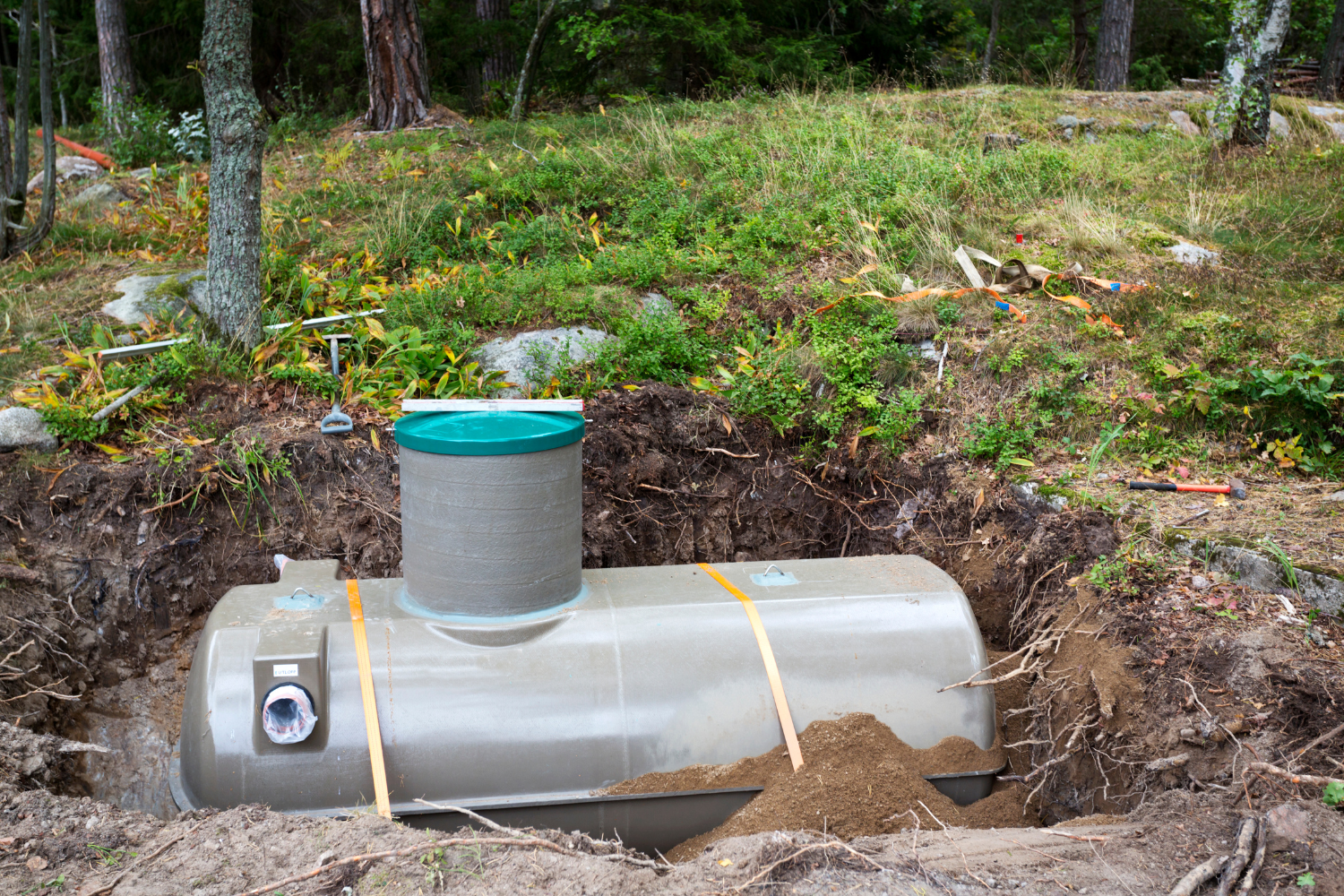
Septic Tank Installation: What to Expect
Installing a septic tank is a significant decision for any homeowner relying on a septic system. If you’re building a new home or replacing an

Installing a septic tank is a significant decision for any homeowner relying on a septic system. If you’re building a new home or replacing an
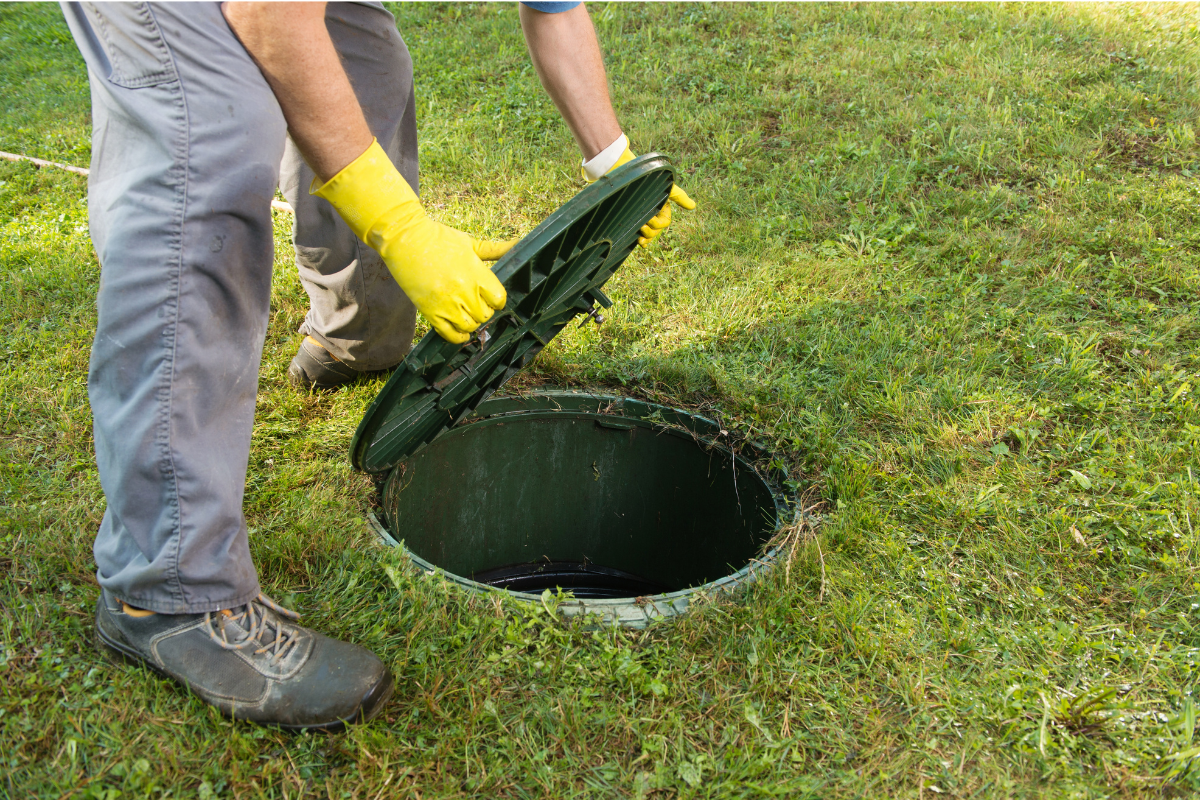
With summer on the horizon, it’s time to switch gears from winter prep to getting ready for warmer days. The septic system is one of
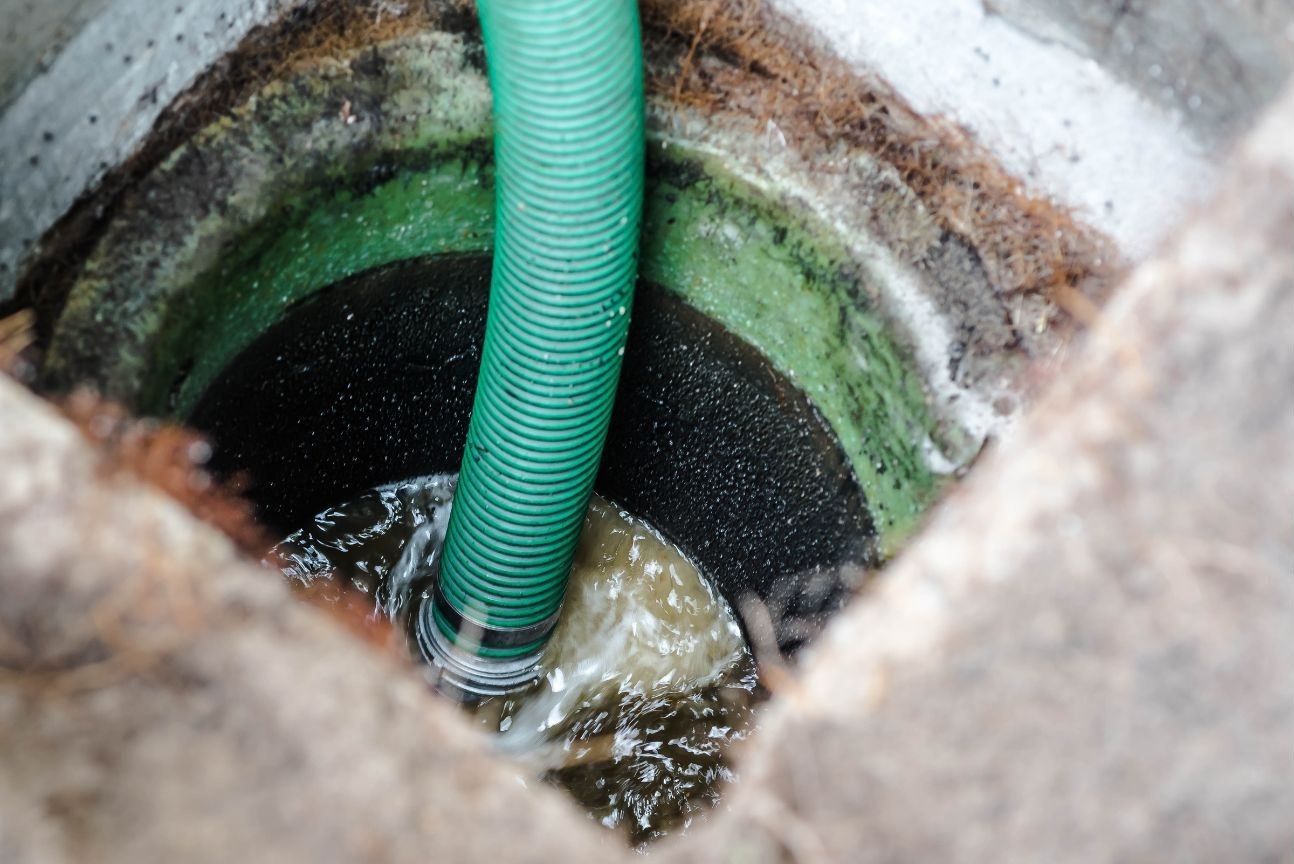
When it comes to managing wastewater, homeowners have two primary options: a septic tank or a municipal sewer system. Each comes with its own set
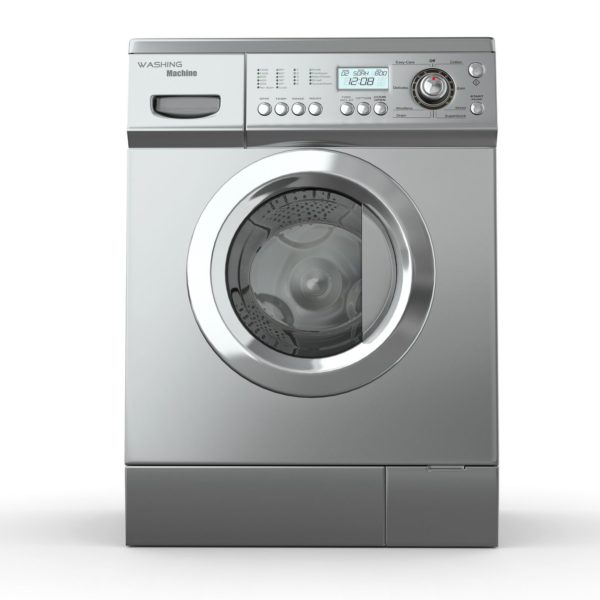
There’s no shortage of horror stories involving septic systems and overflowing wastewater from washing machines. The good news is that a modern and well-maintained septic
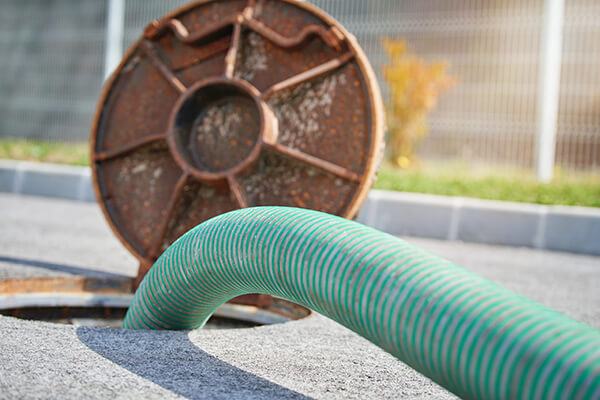
Is Bleach Safe for a Septic System? The answer to this question is yes and no. A small amount of bleach won’t harm a septic
A septic system’s recycled water may help replenish groundwater resources, but if it’s not operating correctly, it might pollute adjacent water bodies. Today, more people
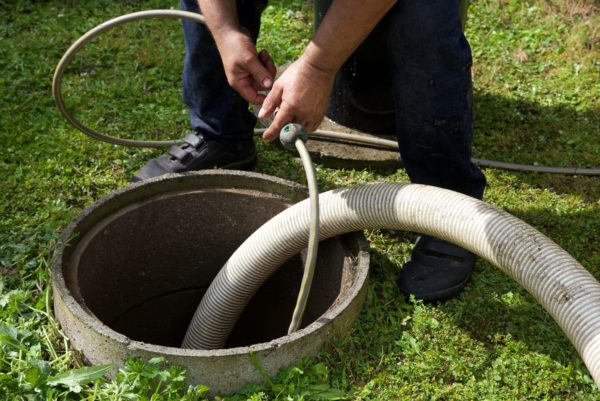
If you own an RV and also have a home with a septic system, you may have wondered if it’s possible to hook up your
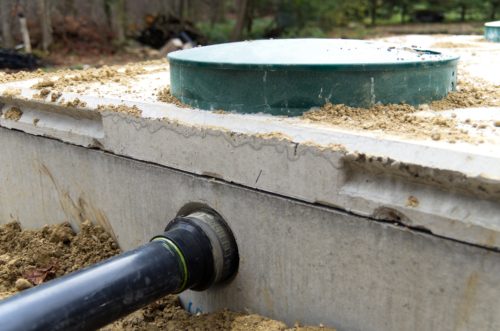
When you are shopping for a septic tank, one of the most important decisions you’ll have to make is the type of tank you’ll purchase.

Cold winter weather can bring with it all sorts of challenges and potential issues. If your home has a septic system, one such potential problem

Many homeowners take precautions to protect their pipes in the winter so that they don’t freeze. What they don’t realize is that their septic system

When to Clear Your Residential Septic Tank If you live in a rural area without a municipal sewer line, you need to have a
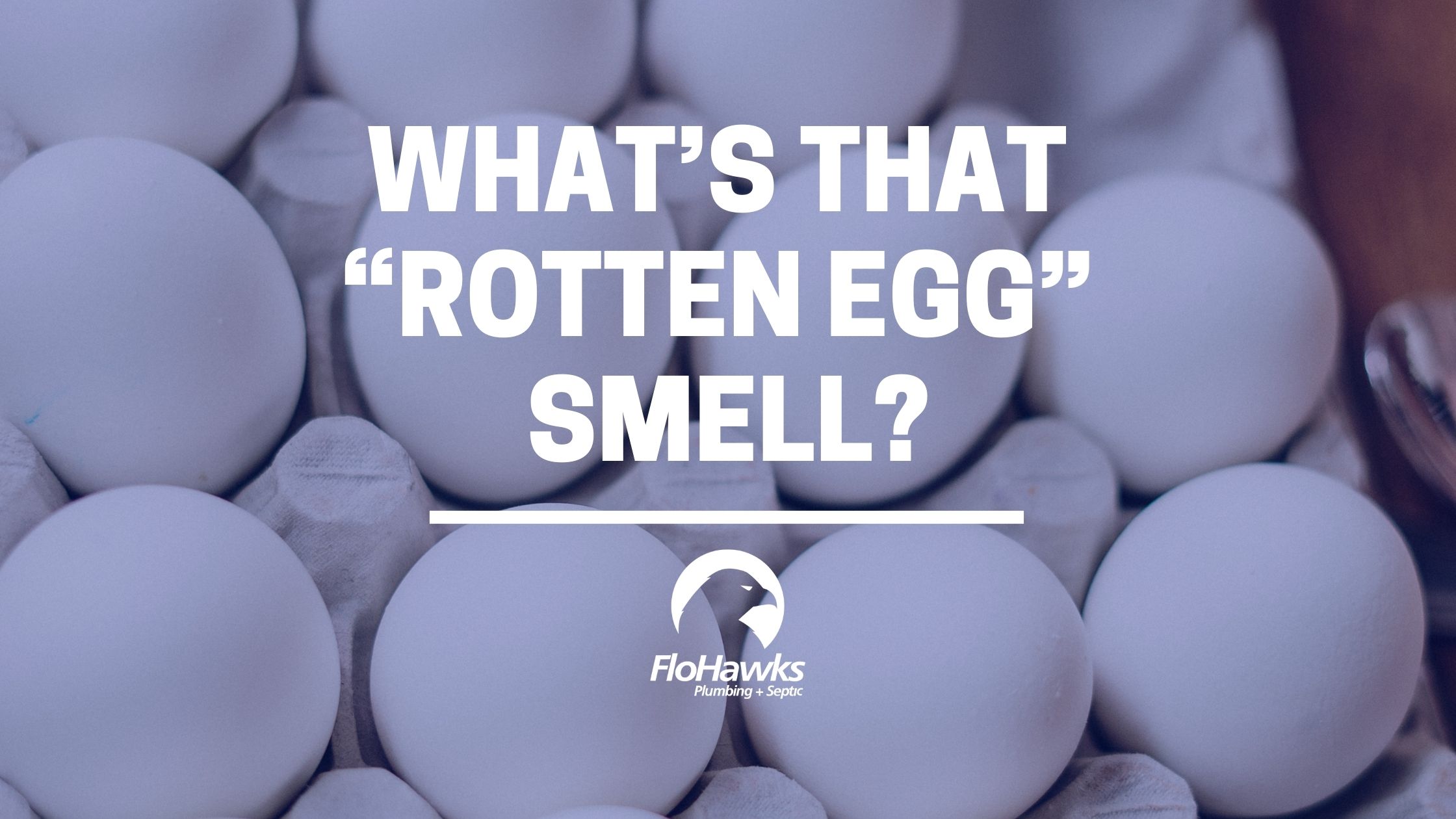
A sewer gas odor can come from your household septic system or the sanitary sewer system. If you notice a foul smell that is causing

Life inside your septic tank is a carefully maintained of billions of naturally occurring microscopic critters living in a septic system, allowing it to work

As their name implies, grease traps are designed specifically to trap fats, oils, or grease (FOG) before they can go down the drain and enter

After heavy rain, septic problems can be common. Significant rainfall can quickly flood the ground around the soil absorption area (drainfield) leaving it saturated and

Earlier this year, we talked about some of the reasons why your drain field might flood. As we get into the rainy season, it is

Trees add beauty, shade and value to your Tacoma, WA, property. However, their roots often cause problems for a home’s plumbing system. If you’re thinking
Although you may not realize it, your septic system works hard for you every day treating all the wastewater coming from your home. Every flush
How Do You Locate Your Septic Tank? Learn How To Below! You may think it’s easy to keep track of something on your property as
The grass always being greener may sound like a good thing, but this saying may not always be true. The grass around your septic system
COVINGTON OFFICE
18808 SE 257th St
Covington, WA 98042
GIG HARBOR OFFICE
5819 133rd St NW
Gig Harbor, WA 98332